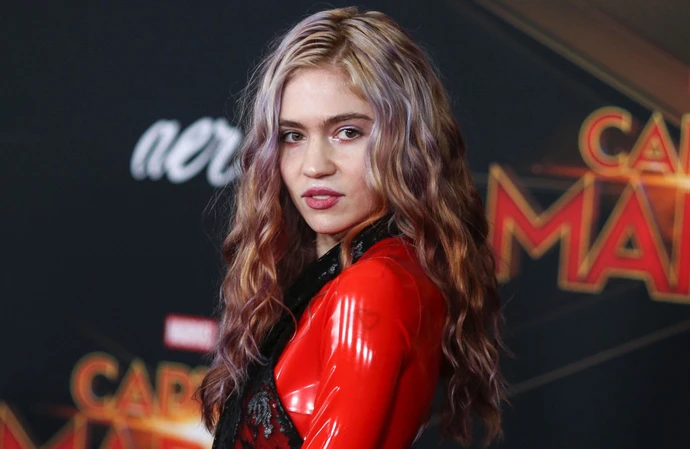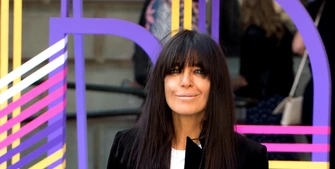Grimes to allow her voice to be used on AI songs
Singer Grimes has declared she's happy for her voice to be used on songs generated by artificial intelligence as long as the royalties are split 50/50 with her

Grimes has given permission for her voice to be used on songs generated by artificial intelligence.
The 35-year-old singer has weighed in on the topic of AI music and insisted she's totally open to it because it's "cool to be fused [with] a machine" and is happy for her voice to be used as long as any royalties are split 50/50 with her.
In a series a post on Twitter, she wrote: "I'll split 50 per cent royalties on any successful AI generated song that uses my voice. Same deal as I would with any artist I collab with. Feel free to use my voice without penalty. I have no label and no legal bindings."
Grimes then added: "I think it's cool to be fused [with] a machine and I like the idea of open sourcing all art and killing copyright ... We're making a program that should simulate my voice well but we could also upload stems and samples for ppl [people] to train their own."
Her initial post was a comment on an article about a song called 'Heart on My Sleeve' by TikTok user Ghostwriter977 who used AI to generate vocals which sounded just like musicians Drake and The Weeknd.
The song became a huge viral hit and reportedly racked up 230,000 plays on YouTube and more than 625,000 on Spotify.
However, it is no longer available on services including Apple Music, Spotify, Tidal and YouTube. The takedown came after bosses at Universal Music Group requested the streamers block any AI which might be using the services to train algorithms and fuel the creation of unauthorised tracks.
A spokesperson for Universal said: "The training of generative AI using our artists' music as well as the availability of infringing content created with generative AI on DSPs [digital signal processors] , begs the question as to which side of history all stakeholders in the music ecosystem want to be on: the side of artists, fans and human creative expression, or on the side of deep fakes, fraud and denying artists their due compensation."







